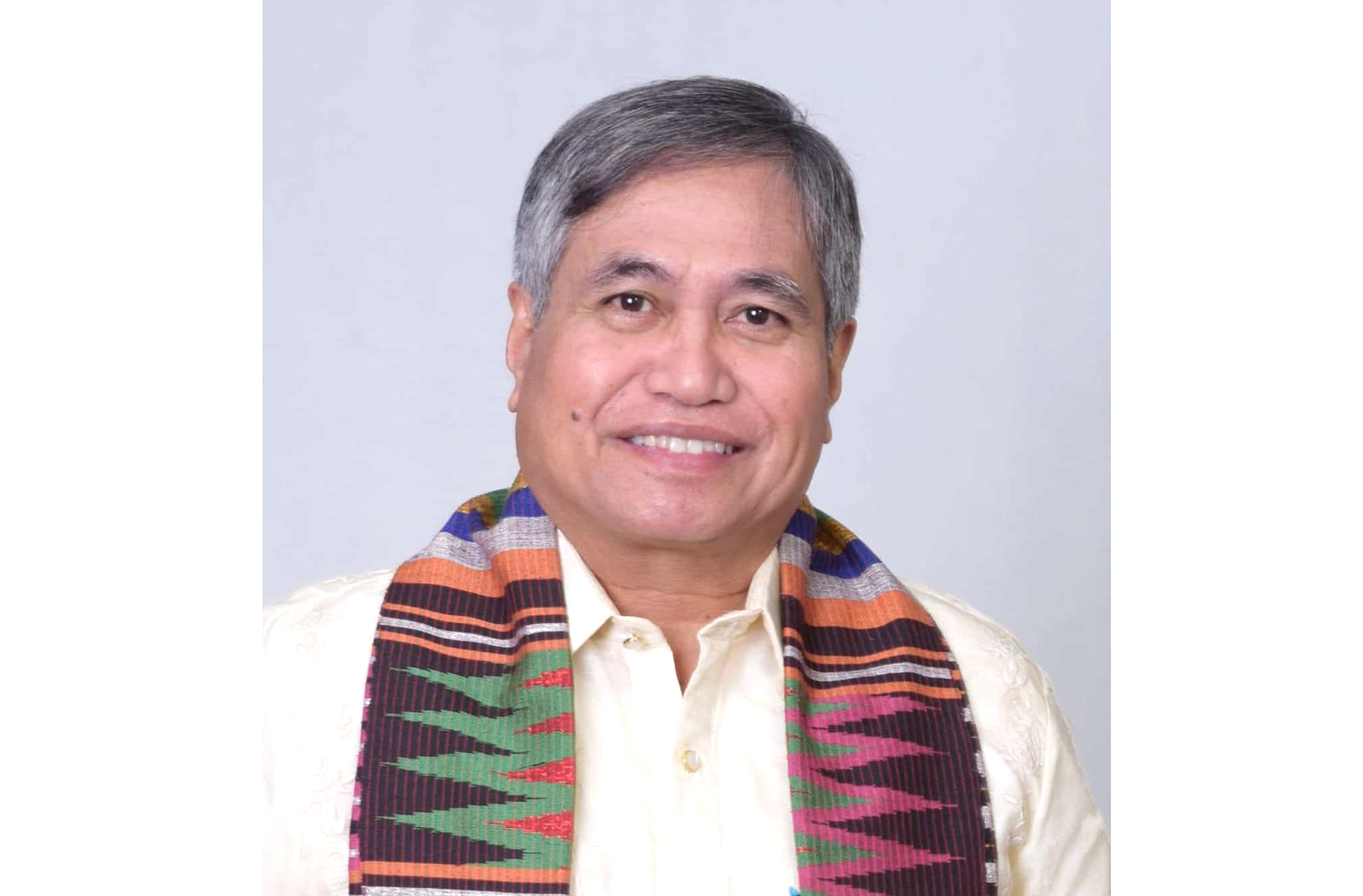FROM THE MARGINS

How can Asia strengthen its philanthropy network and foster cross-sector collaboration to address pressing regional issues?
This question brought together industry, philanthropy, and government leaders at the 3rd Asian Philanthropy Congress in Japan, held late 2024. Organized by the Nippon Foundation, the event centered on “Diversity, Equity, and Inclusion” (DEI), highlighting the goal of a society that leaves no one behind. Nippon Foundation Chairman Yohei Sasakawa, in his opening remarks, emphasized grassroots efforts and collaboration among philanthropy, social enterprises, and big business to advance DEI.
I was privileged to be one of the panelists in the plenary session titled “Building Bridges: Philanthropy and Business for Sustainable Impact and Regional Well-being” alongside distinguished leaders such as Ajay Piramal of the Piramal Group, and Naina Subberwal Batra of AVPN. The Piramal Foundation is known for promoting women’s empowerment and public health in India, while AVPN is a Singapore-based network that champions impact investing in areas like climate, gender, and health.
The session brought together corporate leaders, social entrepreneurs, policymakers, and DEI advocates to explore the complementary roles of business and philanthropy in driving sustainable growth and maximizing social impact. Two key insights emerged from our discussion: First, philanthropy is evolving from simple charity to strategic partnerships designed to maximize societal value. Second, businesses are increasingly prioritizing non-financial metrics, such as decarbonization, diversity, and inclusion. Clearly, a collaborative ecosystem is essential to fostering meaningful social change.
Insights from the congress
My column often focuses on poverty eradication, highlighting success stories from microfinance clients. Attending this conference provided an opportunity to reflect on the critical collaboration among social businesses, development organizations, philanthropic foundations, and large corporations.
Development organizations, such as microfinance institutions (MFIs), cooperatives, and NGOs, directly support marginalized sectors. Social businesses focus on solving societal problems using market-based solutions. Philanthropic foundations and large corporations provide the resources that enable these entities to scale their impact and improve their offerings. Together, these sectors facilitate the transformation of microenterprises into small and medium enterprises (SMEs), which are essential for sustainable and inclusive economic growth.
Philanthropic organizations, particularly grant-making foundations, play a pivotal role in jumpstarting social projects in health, education, and finance. They often act as connectors, linking social businesses and development organizations to large corporations. Corporate social responsibility (CSR) initiatives by these corporations then amplify the social impact while maintaining profitability.
Consider this: MFIs often access commercial wholesale loans from major banks to support their initiatives as the last-mile conduit to the underserved. Foundations often link MFIs’ clients to big businesses. For instance, Jollibee Foundation is helping onion and vegetable farmers to sell their produce directly to Jollibee Foods Corporation. Likewise, 7-Eleven partners with Baguio vegetable farmer-clients of CARD MRI, leveraging its logistics network for efficient transport to market the clients’ produce across Luzon.
These partnerships demonstrate how collaboration enhances social impact, driving inclusive and sustainable change.
Beyond rhetoric
Following the Congress, I attended a two-day retreat in Karuizawa with like-minded leaders from various organizations. The retreat provided an informal yet immersive setting to explore innovative collaborations and reimagine corporate roles in addressing global challenges.
Fellow participants shared that our interconnected efforts—though diverse in approach—align to address pressing societal issues such as poverty, inequality, education, and healthcare. Reflecting on our varied experiences, we developed a deeper appreciation of the tangible benefits derived from multi-stakeholder collaboration.
First, collaborative efforts enable us to reach more unserved/underserved communities and help more people by pooling our resources. Together, our services, donations or impact investments nurture social enterprises addressing niche causes—from disaster relief to sustainable product innovations.
Second, such partnerships foster innovation and sustainability. Social businesses combine the efficiency of corporate strategies with the altruistic mission of philanthropy to create scalable, sustainable impacts. In turn, corporations can adopt successful models from social businesses, aligning profitability with societal value. Philanthropy serves as an incubator for high-risk ideas, enabling them to evolve into sustainable enterprises or attract investment from the corporate sector. Together, we can generate resources to address complex social challenges.
Finally, collaboration creates powerful synergies. When development organizations, philanthropy, business, and social enterprises align their unique strengths, they effectively transform lives and communities.
The path ahead
To achieve sustainable and inclusive development, it is imperative for us to nurture a culture of collaboration. Our unique strengths will enable us to create a robust ecosystem capable of addressing societal challenges at scale.
Beyond rhetoric, we must focus on actionable strategies that drive systemic change. Whether it involves improving supply chain linkages, financing sustainable projects, or fostering innovation, the shared mission is clear: building a more inclusive and equitable world. As leaders and stakeholders in our respective fields, let us commit to a unified vision that prioritizes the well-being of all, ensuring that growth and prosperity are accessible to everyone.
* * *
“We make a living by what we get. We make a life by what we give.” – Winston Churchill
(Dr. Jaime Aristotle B. Alip is a poverty eradication advocate. He is the founder of the Center for Agriculture and Rural Development Mutually-Reinforcing Institutions (CARD MRI), a group of 23 organizations that provide social development services to eight million economically-disadvantaged Filipinos and insure more than 27 million nationwide.)